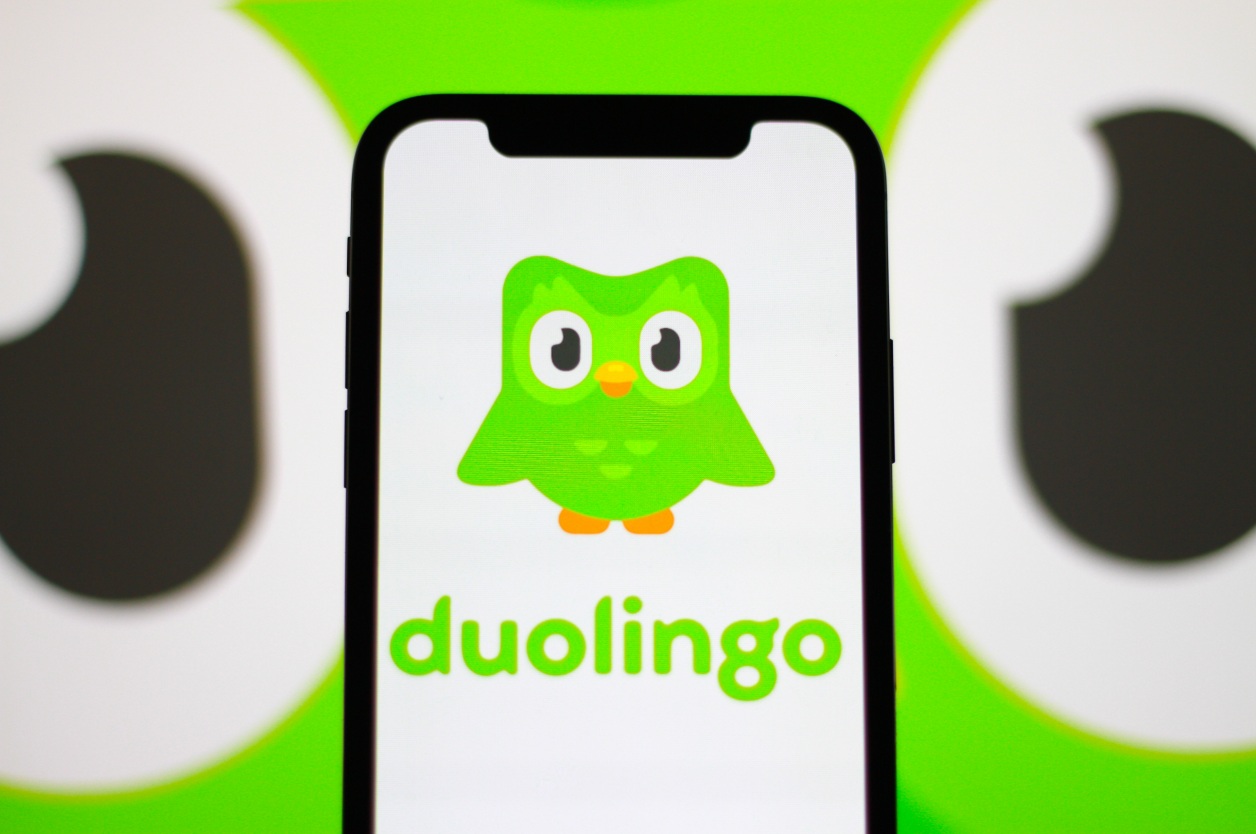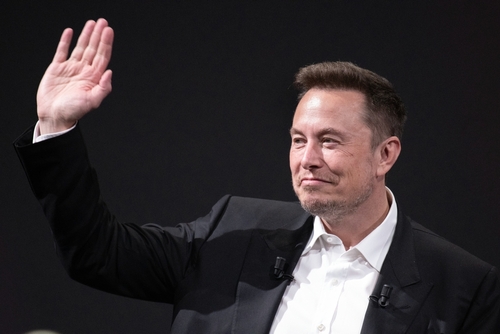Duolingo Q3 Earnings: The Strategic Shift Kills 'AI-First' Narrative; Has the Stock Bottomed Out?

TradingKey - Duolingo Inc. (DUOL), the online language learning platform, has seen its stock halved from its 2025 peak, hit by intensifying AI competition and executive selling at elevated levels. The company's third-quarter earnings report has further complicated matters for the AI software firm, once lauded for its AI monetization prowess.
Duolingo announced after market close on Wednesday, November 5, that its third-quarter 2025 revenue surged 41% year-over-year to $271.7 million. Net income soared to $292.2 million from $23.4 million in the prior year period. Both key metrics significantly exceeded market expectations.
Despite robust third-quarter growth and an upward revision to its full-year revenue guidance, a crucial metric in Duolingo's forecast 'undermined optimism': The company projects fourth-quarter bookings to increase by 21.3% to 23.5% year-over-year, reaching between $329.5 million and $335.5 million. Notably, the upper end of this forecast fell short of analysts' consensus estimate of $344.1 million.
In its earnings report, Duolingo stated it made a strategic decision in the third quarter to reallocate resources toward long-term initiatives. This includes a sustained increase in investment in high-quality educational content and prioritizing user growth over immediate monetization in A/B testing.
The company noted that this strategic pivot is already reflected in its updated full-year guidance.
Duolingo CFO Matthew Skaruppa remarked that this strategic shift might exert short-term pressure on bookings, although he expects this impact to be minor and persist into 2026.
Duolingo was one of the most closely watched AI software plays in the first half of this year. Its stock climbed over 60% from the beginning of the year to its May peak, fueled by its "AI First" strategy, the promising outlook for generative AI monetization, and robust daily active user growth.
However, after the stock peaked mid-year, a series of factors contributed to Duolingo's decline. These include consecutive share sales by top executives (including the CEO, CFO, and CTO), questions raised about the accuracy of its AI-generated content, and the increasing capabilities of large language models from Google and OpenAI, which challenge Duolingo's business model in language learning.
As Duolingo's leadership has emphasized, the platform is one of the few companies that has found a viable monetization model using artificial intelligence. Its high-profile "AI First" strategy, announced in April, was a core driver of capital inflow into Duolingo stock earlier this year.
Consequently, the latest announcement of a weaker balance leaning towards monetization has undoubtedly fueled investors' already pessimistic sentiment.
According to TradingKey, Wall Street analysts have an average price target of $424.81 for Duolingo shares, suggesting over 60% upside from its recent price of $260.02. Nevertheless, following the Q3 earnings release, several major investment banks have significantly lowered their DUOL price targets.
Needham slashed its Duolingo price target from $460 to $300, citing management's strategic shift to redirect near-term opportunities towards long-term investments.
Goldman Sachs similarly reduced its Duolingo price target from $425 to $250, also referencing the company's adjustments to its long-term plans for teaching effectiveness and user growth.
Wells Fargo maintained its Underperform rating and lowered its DUOL price target to $185. Despite Duolingo's stock being at trough valuations, the firm awaits evidence of how the sacrifice in monetization will translate into improved user engagement.
This content was translated using AI and reviewed for clarity. It is for informational purposes only.








